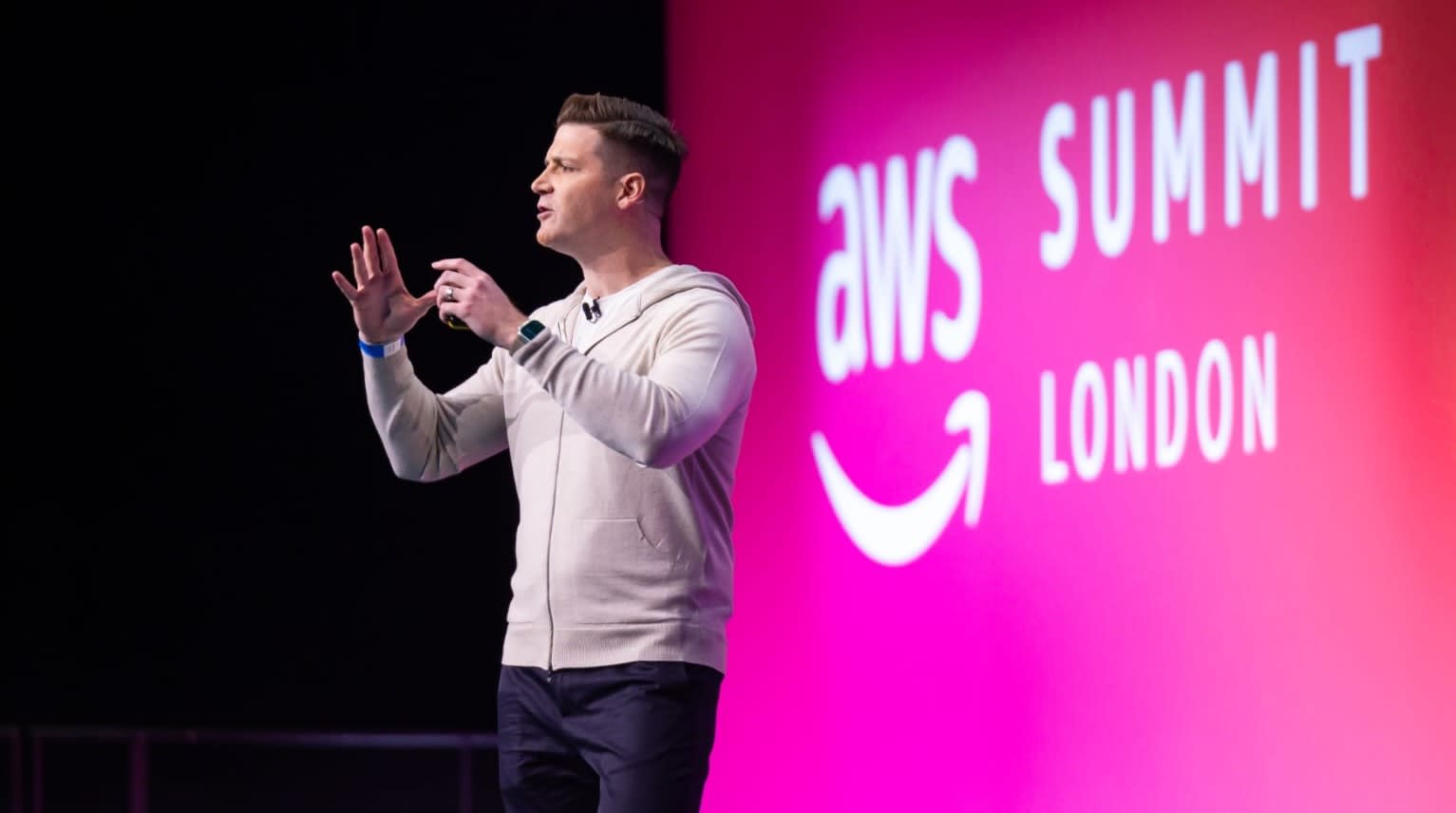LONDON — British fintech company Zilch said Wednesday it has raised $125 million in debt financing from German banking giant Deutsche Bank in a deal that will help the company triple revenue in coming years and move closer to an initial public offering.
The company, which offers shoppers the ability to purchase items and pay off the debt they owe in monthly, interest-free installments, said the debt was structured as a securitization, where multiple loans can be packaged together.
Zilch initially obtained credit for his repayment plans and other loans from Goldman Sachs’ private credit division. The company said the deal with Deutsche Bank brought more flexible terms and would allow the company to borrow up to $315 in total credit, including from different banks.
Philip Belamant, CEO and co-founder of Zilch, noted that the terms of the agreement with Goldman Sachs were favorable for a young, fast-growing startup – but ultimately too restrictive. Zilch’s capital needs have increased as the company matured and required a credit agreement that was more flexible, he said.
“For us, we think this is an important milestone in the growth phase of the company. This means that we have continued the line we have with Goldman. It has been a brilliant relationship and partnership,” Belamant told CNBC. “But now we are ramping up securitization… so we [can] continue to scale.”
The additional $190 million in credit will become available to Zilch as the company continues to grow. Belamant said the company is already planning to sign deals with other banks to raise more debt in the coming months.
The move is a sign of how buy now, pay later startups continue to double down on products and credit growth, even as larger established players in finance and technology withdraw from the once vibrant market.
This week, Apple announced it would be discontinuing its BNPL program, Pay Later, which allowed users to divide their purchases over four interest-free installments. Instead, it will integrate third-party services from companies like Affirm and Citi. Meanwhile, Goldman Sachs recently sold Greensky, a BNPL company it bought in 2021.
Belamant said additional capital of $125 million will likely accelerate the company’s path to an IPO, with Zilch currently planning to go public in the next 12 to 24 months.
The deal will help Zilch generate gross revenues of $3.75 billion by 2026, Belamant said.
He explained that for every $1 in debt raised, Zilch can generate $30 in gross merchandise value (GMV) – the combined value of sales processed on its platform.
So with $125 million in capital, that will generate $3.75 billion in gross revenue. Once Zilch reaches the maximum funding threshold of $315 million, it expects to generate nearly $10 billion in GMV by 2026.
Zilch has generated more than £2.5 billion in GMV since its founding in 2018. The company reported revenues of £30 million ($38 million) in the 12 months ending March 2023. Losses totaled £71.7 million, slightly down from a 2022 loss of £78.3 million.
Zilch has three main ways to make money. The first is through interchange fees, where card networks charge merchants’ bank accounts every time a consumer makes a payment. The second is commission fees, where sellers pay to appear in the Zilch app.
Zilch also has an advertising sales network where it offers retailers the opportunity to promote their goods to consumers. The British company claims it can achieve conversion rates of up to 55%, more than 10 times higher than the search industry average.
Belamant noted that the company is closely monitoring the uncertainty surrounding the upcoming elections in Britain and market conditions in general.
“It’s hard to say clearly that we’re at that range just because of the market. [and] elections are going on, [so] Obviously we will see what happens,” he said.
